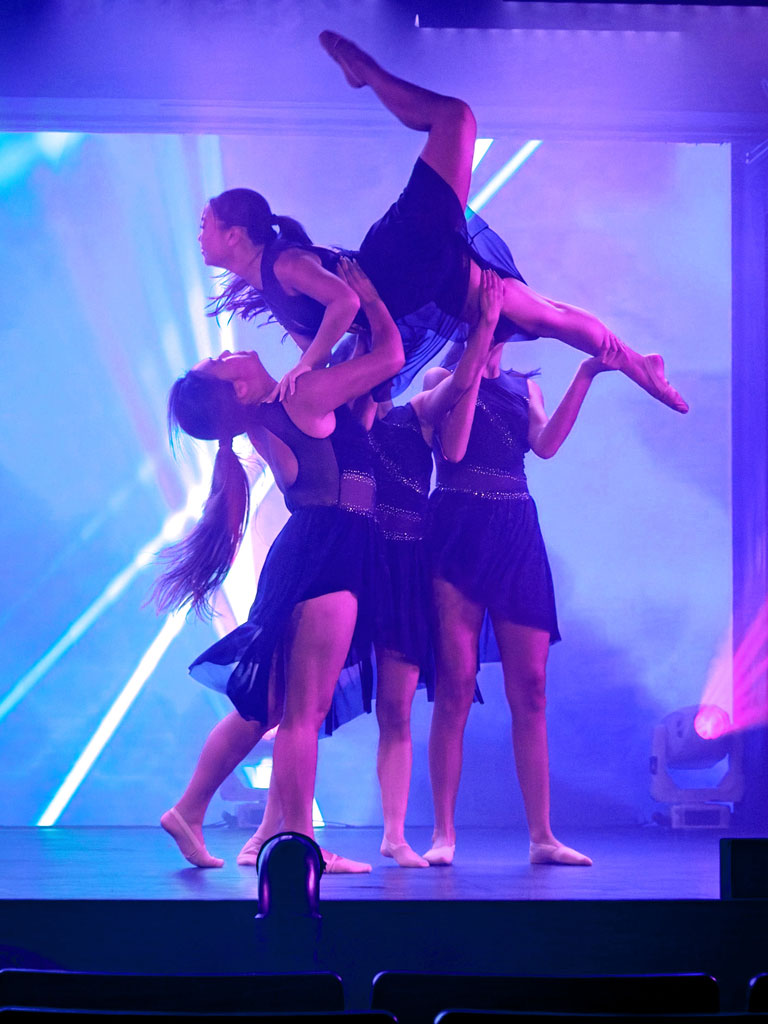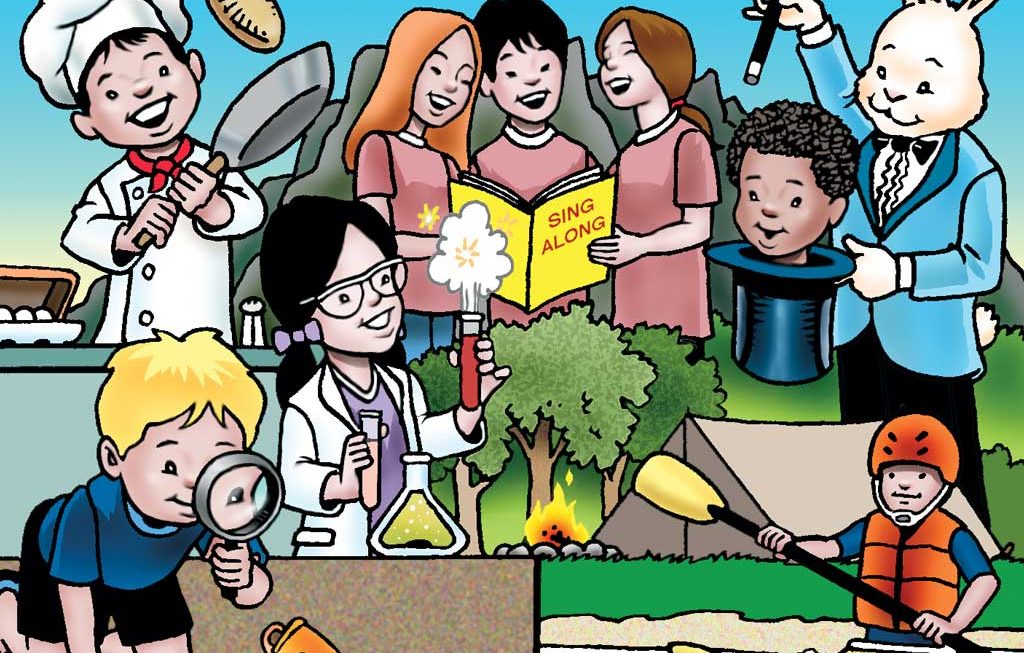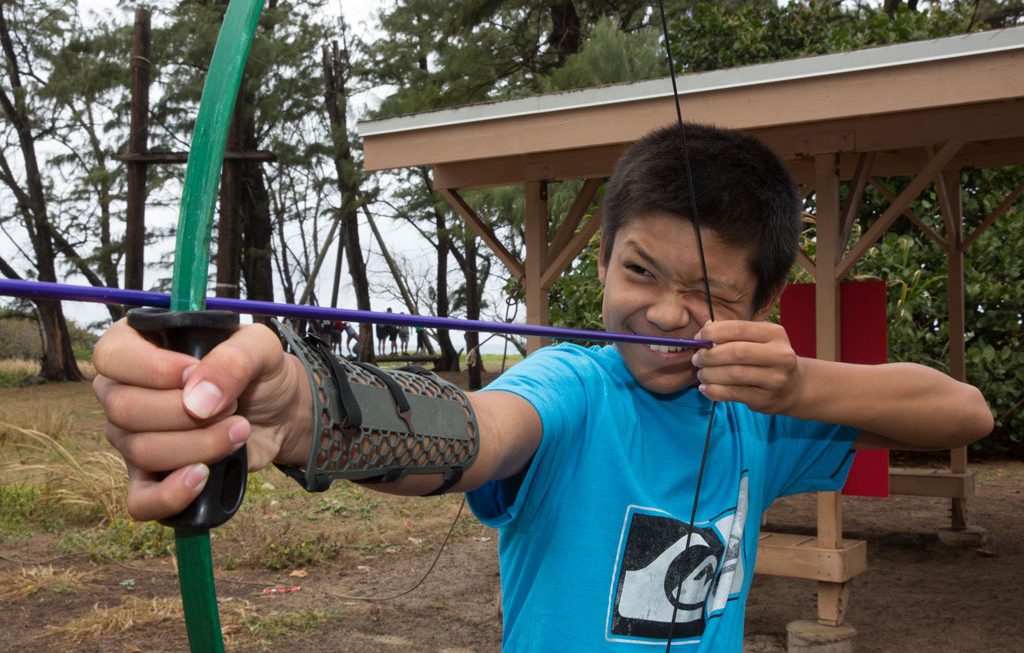by Nigyl Nissan
The skills of storytelling are at the core of Mo’olelo Performing Arts Studio. Through the study of music, dance, drama, and the use of their voice, body, and imagination, students can stretch and surpass the boundaries of traditional education. At Mo’olelo Studios, creating, interpreting, and improvising are encouraged to foster experimentation, occasional failure, and the development of self-confidence. Every experience at the studio teaches students to act independently and to create and innovate in the moment. The very essence of the performing arts—dance, music, and drama—serves as a powerful tool for students to express themselves creatively while also laying the foundation for achievement in other areas, including emotional intelligence. This connection becomes extremely significant, as early exposure to the performing arts can nurture emotional awareness, empathy, and social skills that will shape the students’ personal and academic lives.
Understanding Emotional Intelligence for Young Learners
Emotional intelligence in young learners relates to their ability to recognize, understand, and manage emotions effectively. For young students, developing emotional intelligence is crucial as it helps them navigate relationships, cope with challenges, and build self-confidence. Crucial components of emotional intelligence include:
- SELF AWARENESS – the ability to recognize and name their own emotions
- SELF-REGULATION – the ability to manage their feelings in healthy ways
- EMPATHY – the ability to understand and relate to the emotions of their peers
- SOCIAL SKILLS – the ability to build friendships and resolve conflicts constructively
Emotional intelligence is one of the unsung benefits of the performing arts. It fosters students’ self-confidence, self-expression, self-awareness, and awareness cultures around them; not to mention the improvements in their academic endeavors.
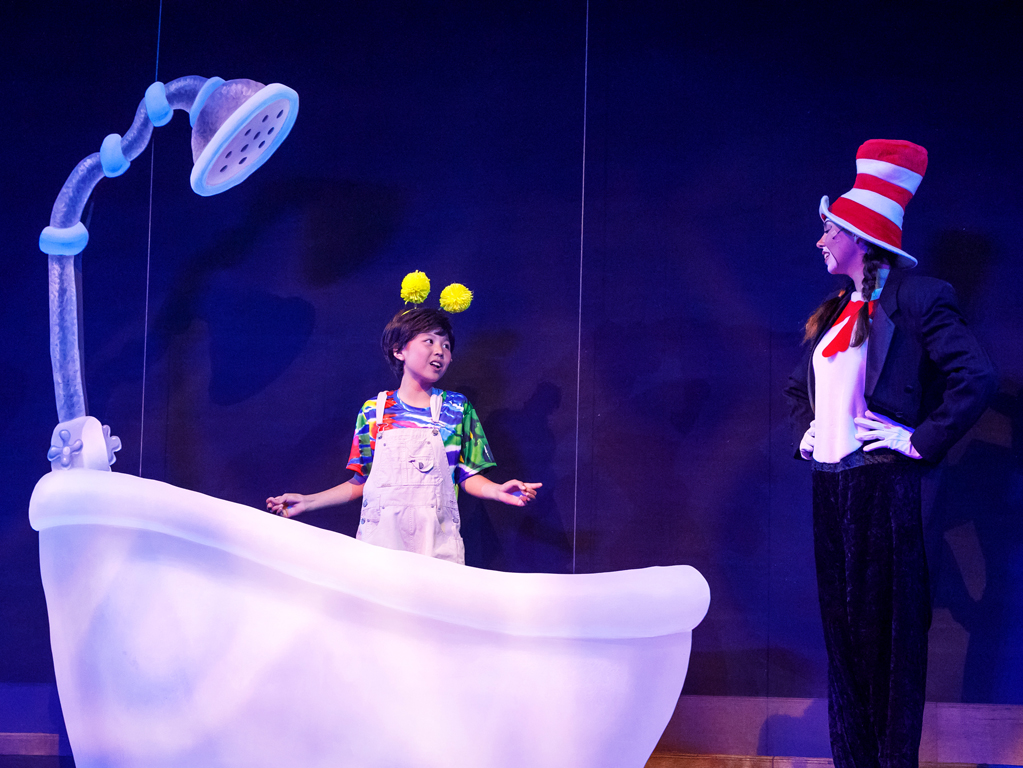
Self-Confidence and Presentation Skills
Whether they are singers, dancers, actors, or the proverbial triple threat, students in the performing arts learn to communicate effectively and connect with others intellectually and emotionally. Through classes, rehearsals, and performances, students acquire such skills as being poised, focused, and overcoming anxiety. This ultimately prepares them to present themselves with confidence, communicate with others effectively, and develop leadership qualities.
A Medium for Self-Expression, Empathy, and Cultural Awareness
When students engage in the performing arts, they are encouraged to explore their emotions, expand their imagination, and develop their own, unique voice. Each discipline — music, dance, and drama — stimulates the student’s brain, and exercises their voice, body, and imagination to boost their confidence and to discover joy in self-expression. The performing arts also help students to learn the crucial skill of understanding diverse points of view, which helps them to develop empathy and compassion for others. Experiences such as embodying characters, physically portraying emotions, and singing heartfelt lyrics illustrate how drama, dance, and music each uniquely accomplish this. Additionally, having these experiences associated with different cultures, communities, and traditions becomes an important component in developing performing arts students into global citizens.
Improved Academic Outcomes
Several findings, including the globally conducted NAE pupil and parent survey, demonstrate that students studying music, dance, and drama are more proficient in reading, writing, and mathematics. In addition, studies show that students exposed to all three performing arts are happier, more engaged, and enjoy going to school. All of which contribute to future academic success. Students involved in the performing arts have tremendous academic benefits compared to students without exposure to the arts. According to Americans for the Arts 2018, students involved in the performing arts were four times more likely to participate in math and science competitions and be recognized for academic achievement, and three times more likely to win an award for school attendance and be elected to a leadership position in school.
Enhanced Creativity
The most obvious benefits of participating in the performing arts are the effects of enhanced creativity, which will extend to many aspects of a student’s life. When they’re involved in a cast, choir, or dance troupe, students nurture important life skills such as teamwork, developing leadership qualities, discipline, and how to relate to others. When encouraged to express themselves and take risks in the storytelling process of the performing arts, students develop innovation and social skills. These skills can open doors later in life, as 72% of employers in the United States say that creativity and teamwork are the top skills they look for when hiring.
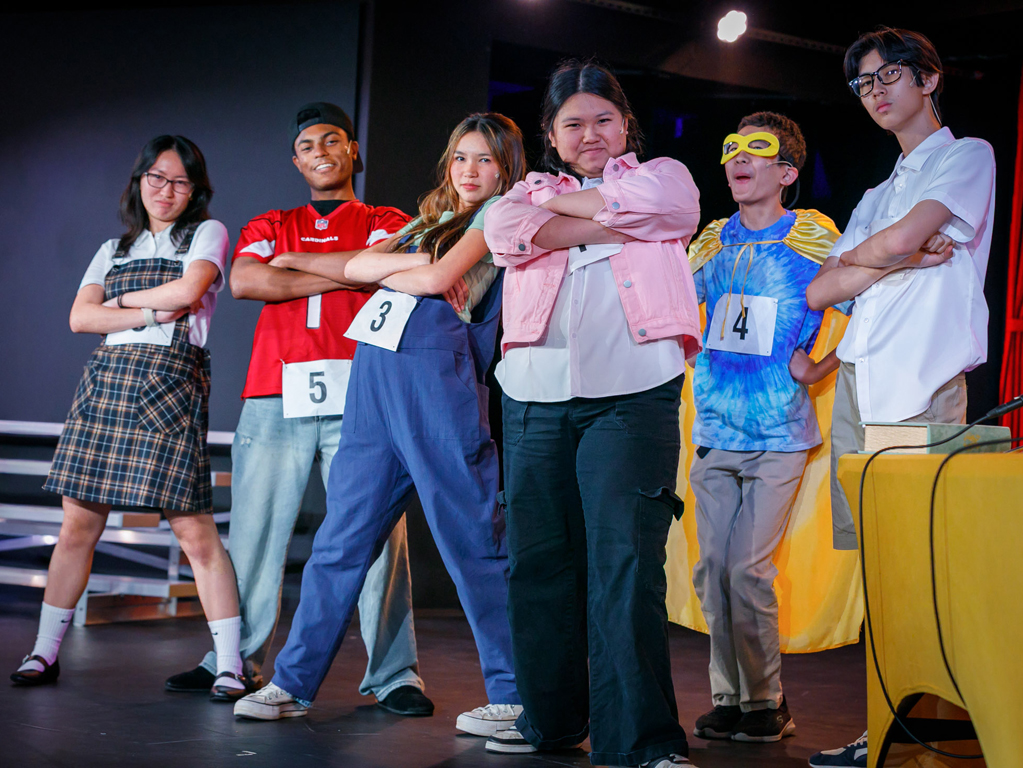
Language, Reading, and Critical Thinking Skills
Studies, such as those conducted at the University of Southern California’s Brain and Creativity Institute in 2016, show that students of the performing arts develop at an accelerated rate in areas associated with language acquisition and reading skills. The performing arts provide opportunities for language development, but they also encourage language learning, communication, and reading in their students. The creativity involved in the performing arts strengthens critical thinking skills for students. The visual-spatial skills and spatial-temporal reasoning used in singing, dancing, and acting enhance the logical thinking, abstract thinking, and problem-solving needed for the brain to function in mathematics, engineering, and physics.
Discipline
The benefit last to me mentioned, but certainly not least, is the benefit of discipline. Discipline is taught through dedication as students learn to develop their specific art form. While some students may show a natural talent in the performing arts, the truth is that ongoing commitment and practice are required to improve. By committing to classes, rehearsals, and practicing outside of the classroom and stage, they learn disciplinary skills that will benefit them in many aspects of life. Engaging students in the performing arts at school, through extracurricular classes and the wider theatre arts community, provides undeniable benefits that will help them transcend traditional education and aid them throughout their lives.
